Tom Clancy's Splinter Cell
12 Nov 2002
All releases
19 Feb 2003 - PC (Microsoft Windows)
28 Mar 2003 - PlayStation 2
30 Jun 2004 - Mac
12 Nov 2002 - Xbox
28 Feb 2003 - PC (Microsoft Windows)
08 Apr 2003 - PlayStation 2
27 Nov 2003 - PlayStation 2
29 Nov 2002 - Xbox
27 Nov 2003 - Xbox
Tags
Time to beat
Main story
Main story + extras
100% completion
Infiltrate terrorists' positions, acquire critical intelligence by any means necessary, execute with extreme prejudice, and exit without a trace! You are Sam Fisher, a highly trained secret operative of the NSA's secret arm: Third Echelon. The world balance is in your hands, as cyber terrorism and international tensions are about to explode into WWIII.
In April 2004, the President of Georgia is assassinated, allowing Georgian billionaire Kombayn Nikoladze to seize power with a bloodless coup d'état. In August 2004, former U.S. Navy SEAL officer and Gulf War veteran Sam Fisher is recruited by the National Security Agency to work within its newly formed division, "Third Echelon." Working with his old friend Irving Lambert, Fisher is introduced to technical expert Anna "Grim" Grimsdóttír, and field runner Vernon Wilkes Jr. In October 2004, Fisher is dispatched to Tbilisi, Georgia to investigate the disappearance of two CIA officers. Fisher attempts to meet an informant, Thomas Gurgenidze, only to find him dying in a burning building. Gurgenidze warns that one agent's transmission mentioned proof that could cause a war. Finding the agents' corpses in a police morgue, Fisher learns that a former Spetsnaz agent, Vyacheslav Grinko, removed their subdermal tracking implants. Tracking Grinko's license plate number using CCTV, Third Echelon tracks him to the Georgian Ministry of Defense. Fisher arrives at the Ministry, and records a meeting between Grinko and Canadian hacker Phillip Masse, through which he learns that Nikoladze is conducting an illegal operation in Azerbaijan. Fisher hacks Nikoladze's computer, and learns Nikoladze has been waging an ethnic cleansing campaign across Azerbaijan, by deploying Georgian commandos. In retaliation, NATO forces enter Azerbaijan, prompting Nikoladze to go underground. Third Echelon learns that Georgian soldiers stationed on a Caspian oil rig have been exchanging data with the Georgian Presidential Palace. Fisher infiltrates the rig during the middle of a NATO airstrike to apprehend a local technician, Lejava, and retrieve his laptop containing the rig's computer data. After interrogating the technician, Fisher learns that the data contains a file on "The Ark", Fisher recovers his laptop and encryption key and extracts. Examining Lejava's laptop, Grim reveals that the intel could have come from a CIA mole. Lambert then reveals that North America has just been hit by a massive cyber warfare attack, directed primarily against military targets. In a broadcast, Nikoladze claims responsibility for the attack and officially declares war on the United States and its allies. Fisher infiltrates the CIA headquarters and accesses the CIA computer mainframe, allowing Grim to trace the data leak to the computer of Mitchell Dougherty. Captured for interrogation, Dougherty claims ignorance of the leak, but the NSA learns that his obsessive–compulsive disorder caused him to back up data on an insecure laptop, which was exploited by a network owned by Kalinatek, Inc. Georgia-hired mafiosos attempt to remove all traces of Nikoladze from the Kalinatek offices by destroying the building and murdering the staff. Intercepting a 911 call from a technician named Ivan, Fisher is deployed to the building and retrieves Ivan's encryption key while the FBI rescues Ivan. Fisher extracts with the help of Wilkes, who is mortally wounded in the process and later dies. Using the encryption key, the NSA discovers Nikoladze has been using a network of unconventional relays to communicate with Georgian military cells. The NSA traces the full relay network to the Chinese Embassy in Yangon, Myanmar. Worried Chinese support could cause World War III, Fisher sneaks into the embassy and eavesdrops on a conversation between Nikoladze and General Kong Feirong, and learns they are working together. Fisher learns that captured U.S. Army soldiers and high-ranking Chinese officials are in a local slaughterhouse, so he delays interrogating Feirong to save the hostages, who are scheduled to be executed on a live broadcast. Fisher meets with a Chinese official among the hostages, and learns that Feirong is part of a rogue collective not backed by the Chinese government. Fisher is detected, and in a firefight, Fisher kills Grinko. Returning to the embassy, Fisher grabs a drunken Feirong before he can commit suicide, and forces him to share the information stored on his computer; the information reveals Nikoladze has fled back to Georgia, where he is trying to activate a suitcase nuke known as "The Ark". Infiltrating the Georgian Presidential Palace containing Nikoladze and new de facto Georgian president Varlam Cristavi, Fisher attempts to recover the key to the Ark, which has been placed somewhere in the United States. Fisher corners Nikoladze, who bargains to give the Ark key in exchange for safe passage out of Georgia; before Fisher can recover it, Cristavi soldiers take Nikoladze and the Ark key elsewhere. About to be executed, Fisher escapes when Lambert causes a brief blackout. Discovering Nikoladze is offering the Ark's location for protection, Fisher assassinates Nikoladze. Discovering the Ark, the U.S. Army evacuates an apartment complex in Hope Gate, Maryland on claims of a gas leak, and secretly recovers the Ark. Despite World War III being averted, Nikoladze's corpse sparks international backlash due to the suspicious circumstances around his death. Watching the Presidential broadcast on the crisis, Fisher then receives a secure phone call from Lambert for another assignment. [from Wikipedia.org]
| Audio | Subtitles | Interface | |
|---|---|---|---|
| English | ✓ | ✓ | |
| German | ✓ | ✓ |
 Tunyon
2
Tunyon
2
Call of duty or any other game with it always has that lazy approach of crouching behind someone and pressing O or using a silencer,but those approaches havent been enhanced for over 20 years,so to me it was just one of those half baked stuff developers threw into the game to market the consumer with “different combat approaches”but never cared about.
My dream was a farse.
But after years of looking through so much dirt ive found a diamond in the rough,ofc this game is the stealth motherload but i always glanced past it thinking it was just another fake stealth game,but its my dream come to life,more or less:/
The level designs are smooth,no backtracking, and the whole atmosphere is really pulling,often stealth sections are scripted with people in certain positions for you to snipe or sth out of your control,but here you really are out for yourself and thats probably not easy to do but the devs nailed it!
ofc the game is rough,every wall you graze by makes you lean on it,the guns are a gamble system,you either kill it enemy in one or five headshots,which for obvious reasons is not great in a stealth game,the story a tedium like no other and i also felt like the game had no more juice to squeeze around the halfway mark.
All of these small nitpicks kinda made the game a drag for me so im hoping the next ones are better!
But it is developed by ubisoft.
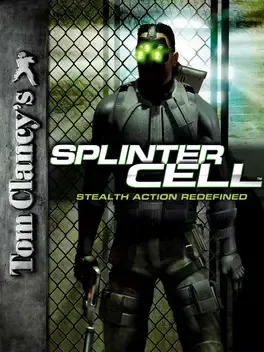




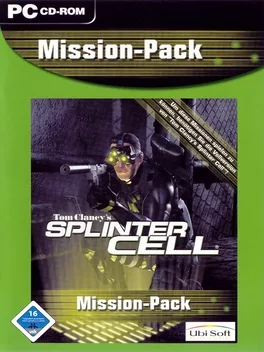
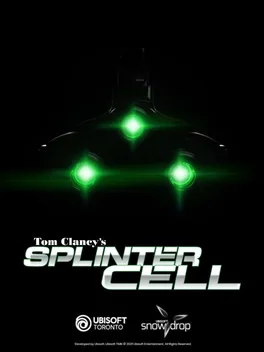
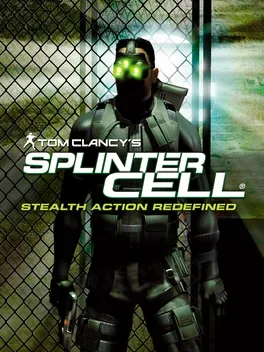
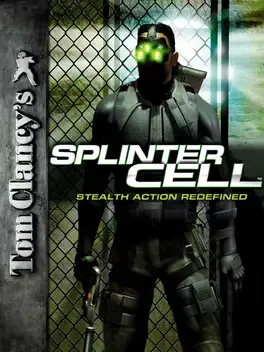
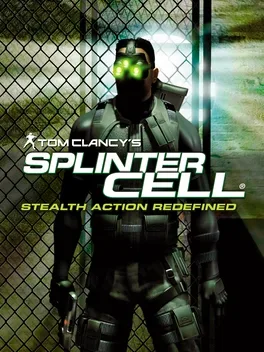









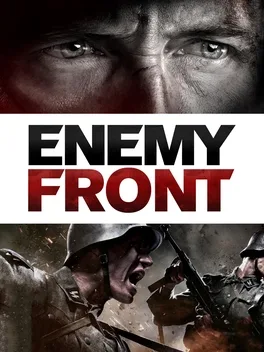
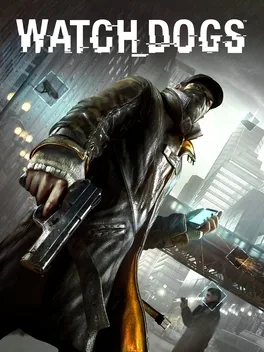
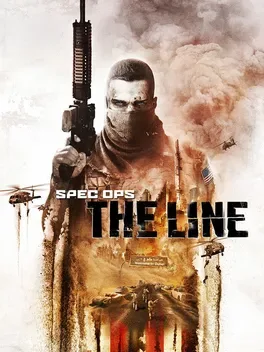
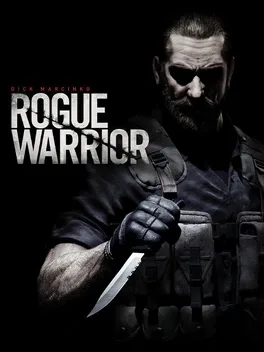
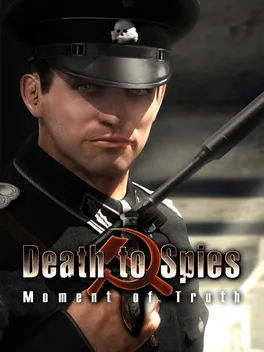
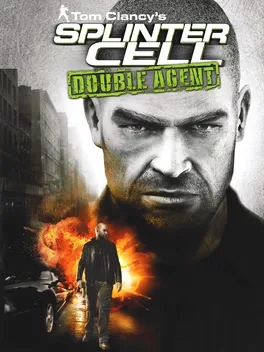
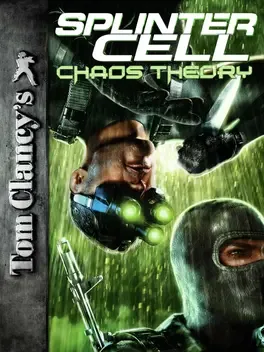
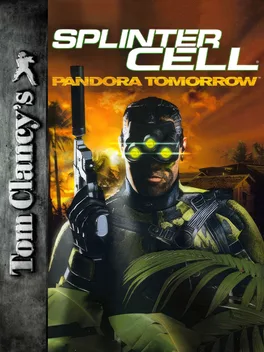
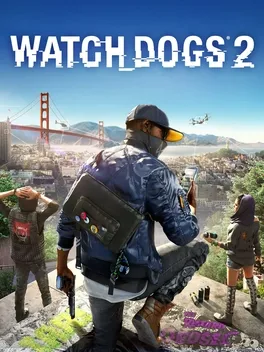
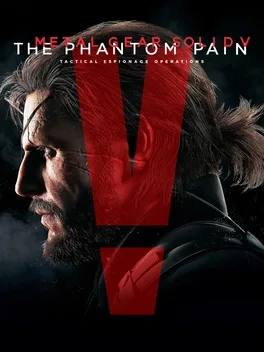
Visually, it's overall solid for a title of it's time, nothing impressive and a far cry from what Metal Gear Solid 2 could provide a year prior, but in exchange, it has a distinct style to it that gives the series its own identity. Can't critique it all that much since I haven't played the best versions, which are the PC and XBOX ones, but the GameCube one.
Narrative-wise, Splinter Cell is just a standard spy thriller with stakes that are a little too high for a first entry, but knowing the series, it's pretty standard for it. The highlight, of course, is Sam Fisher as a character, a veteran in his line of work to the point he is level-headed and sarcastic in situations some would find highly stressful. It's always entertaining hearing him talk back at his superior and at enemies he is interrogating. Wish Sam would be more talkative and had more interrogation opportunities though, Michael Ironside provides a killer performance, and the story is at its best when he gets time to shine. Besides that, the main villain is barely characterized besides being a dictator, side characters besides Lambert are underdeveloped, and that one dramatic scene that just happens out of the blue doesn't carry as much weight as it was hoped.
Gameplay is Splinter Cell at its best, although it still stumbles at some aspects. The basics: movement, parkour elements, hiding yourself and enemy bodies in shadows, gadgets, and their variety provide a good stealth gameplay loop. What I didn't enjoy is how linear levels are; I didn't expect a lot, just for the most part, there is just one path to follow with some small side paths that allow you to go through unnoticed. Also, the game is surprisingly hard; enemies spot you easily and are often hard to fool. The environment often has some objects you can throw to distract enemies, but more often than not, after I throw something across the room, the enemy looks straight at me like I offended his entire bloodline, as well as it's annoying how an entire area at times knows where you are once you knock out an enemy a little too hard. Besides that, the game has good replayability if you want to test your skill and go through levels without being noticed, killing anyone, or raising alarms, but it would be mostly personal challenges since the game doesn't score your achievements.
A separate honorable mention would go to the soundtrack; going through a dark area and suddenly hearing a relaxing opera track is unmatched vibes.
To sum up, Splinter Cell is a solid stealth action-adventure title that delivers good groundwork for the series to use, but by itself it's a little bit underwhelming due to lackluster narrative; it definitely needs a remake, but honestly it's hard for me to imagine how a potential remake would look without it being a complete reimagining. In other words, it's a must-play if you are a fan of the series, mostly for the sake of seeing where it all starts; as a newcomer, though, you can jump straight to another entry without missing out on much.